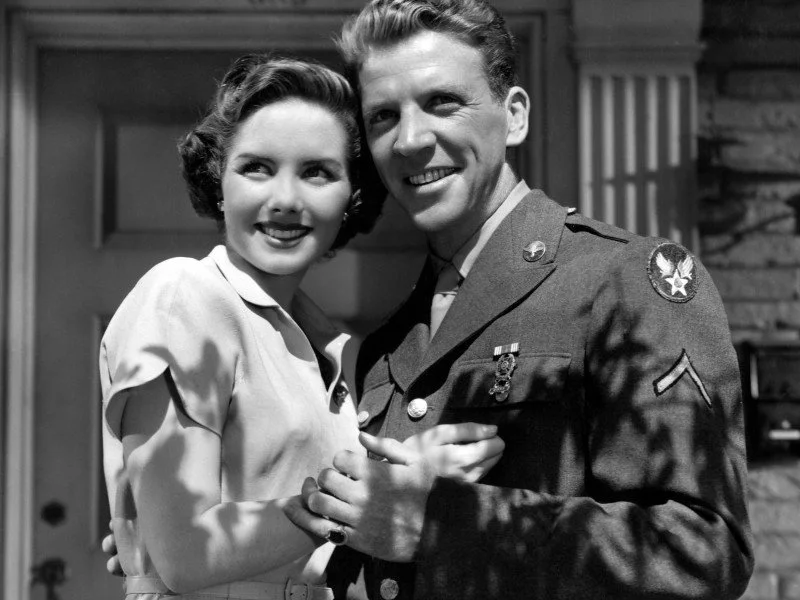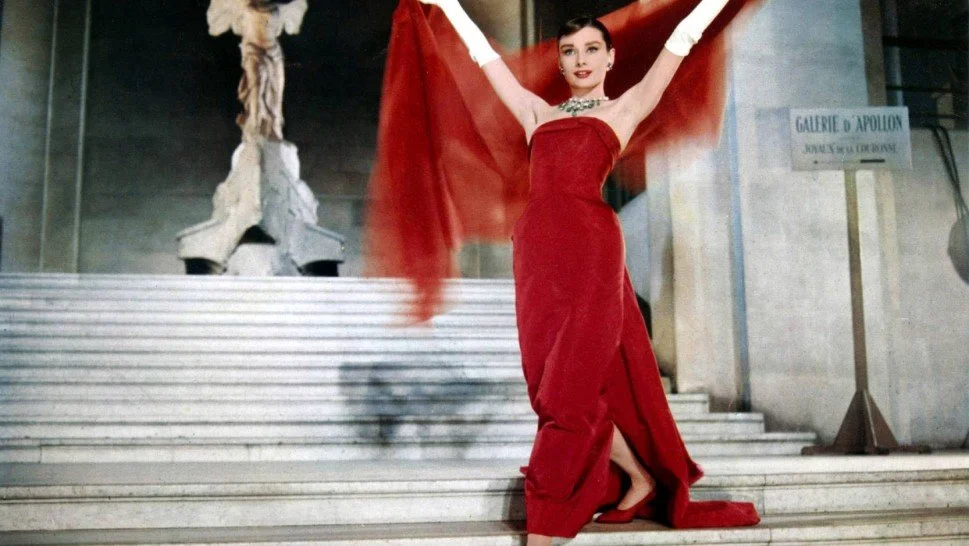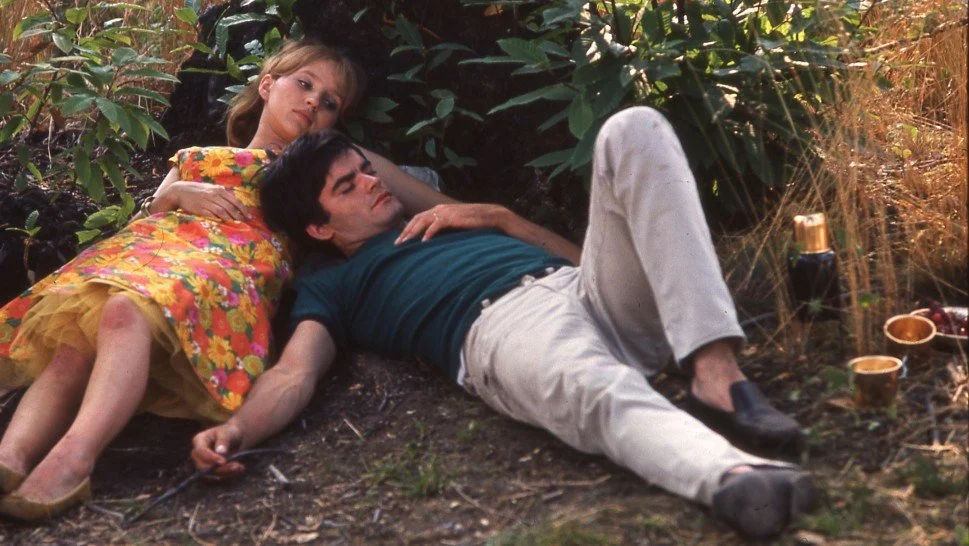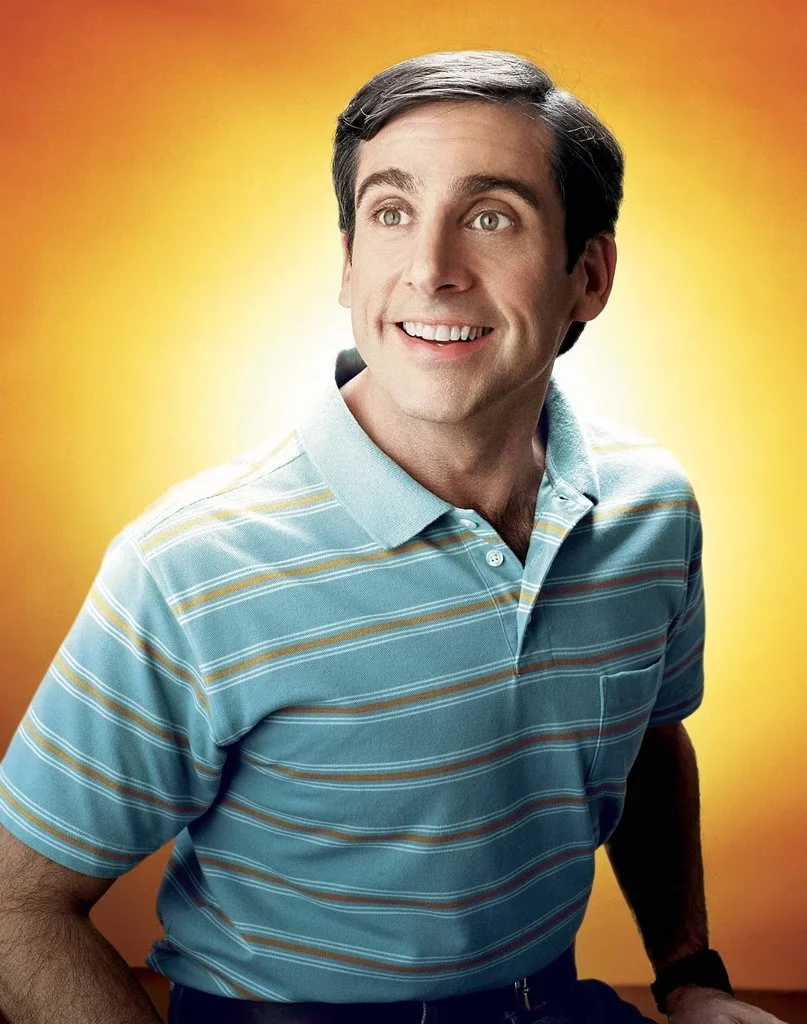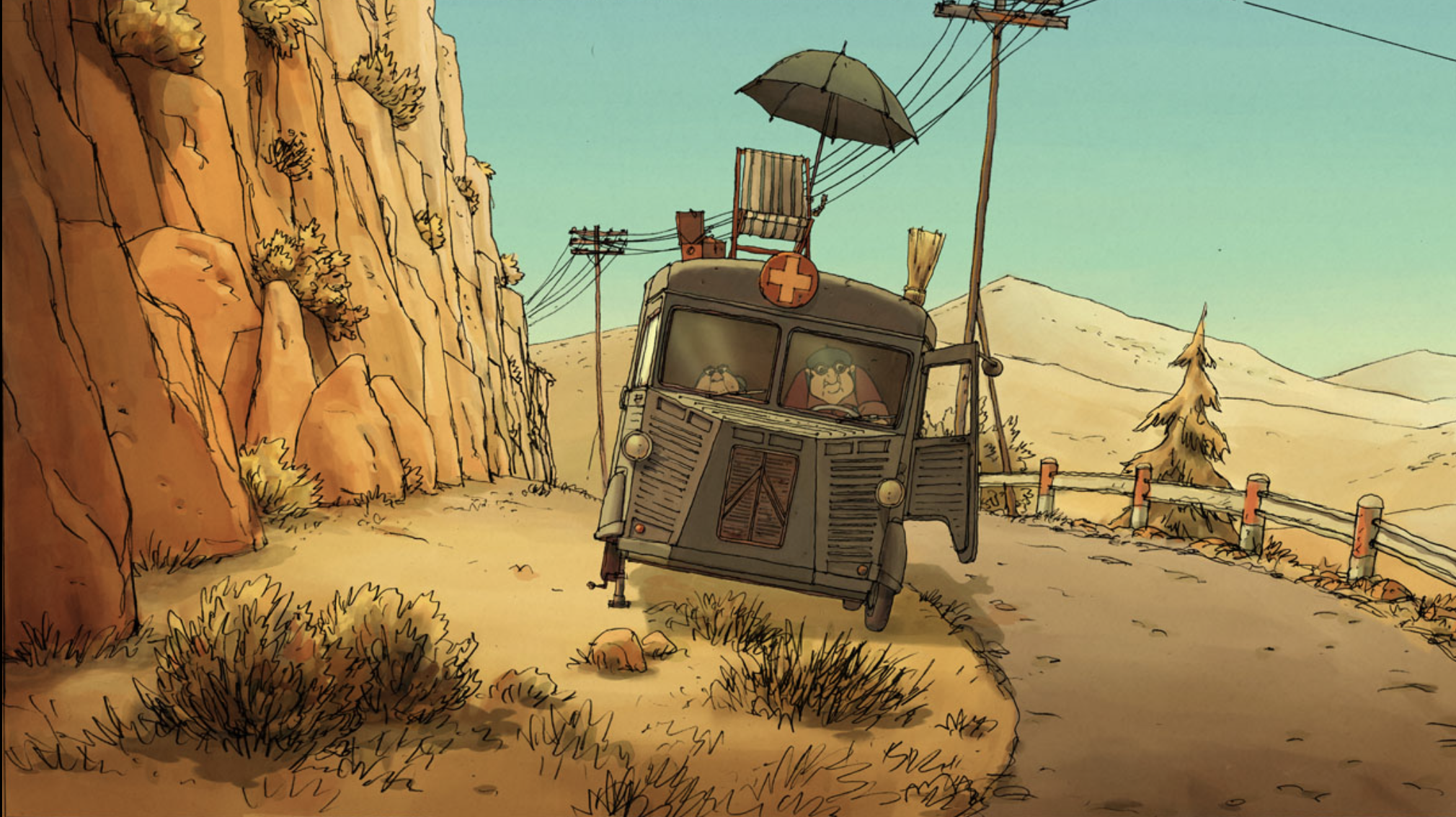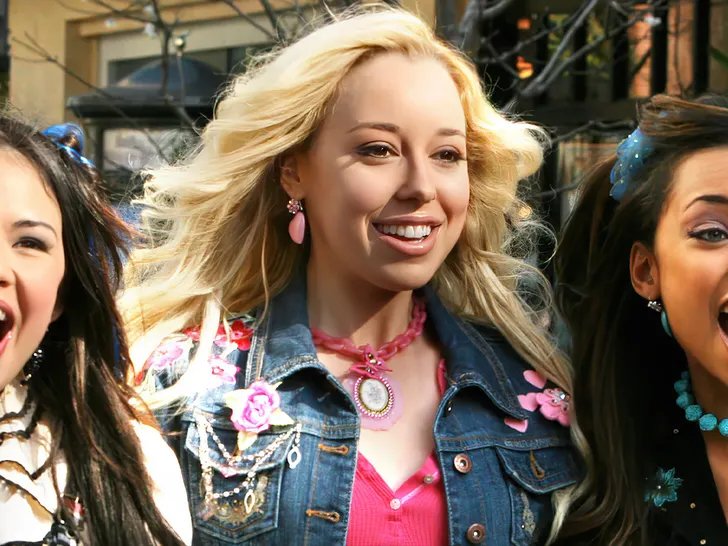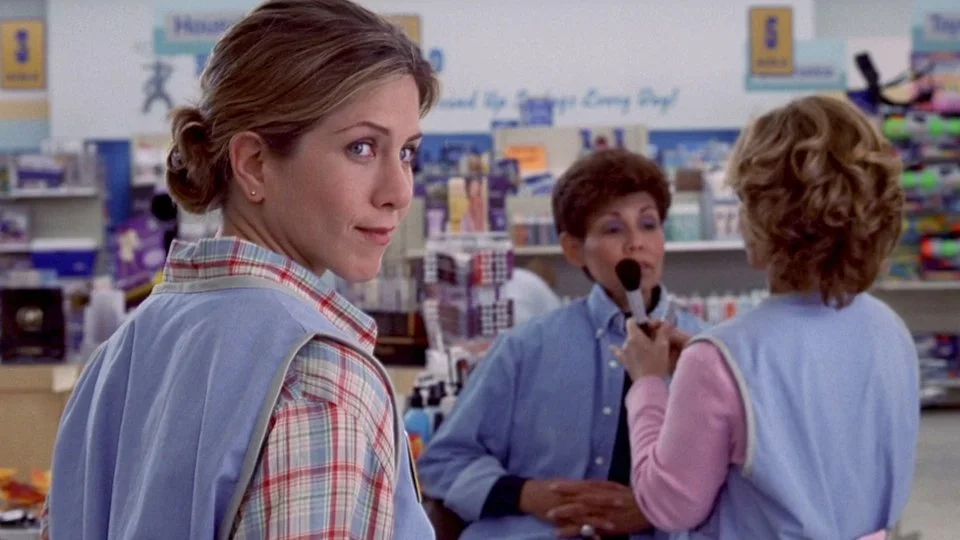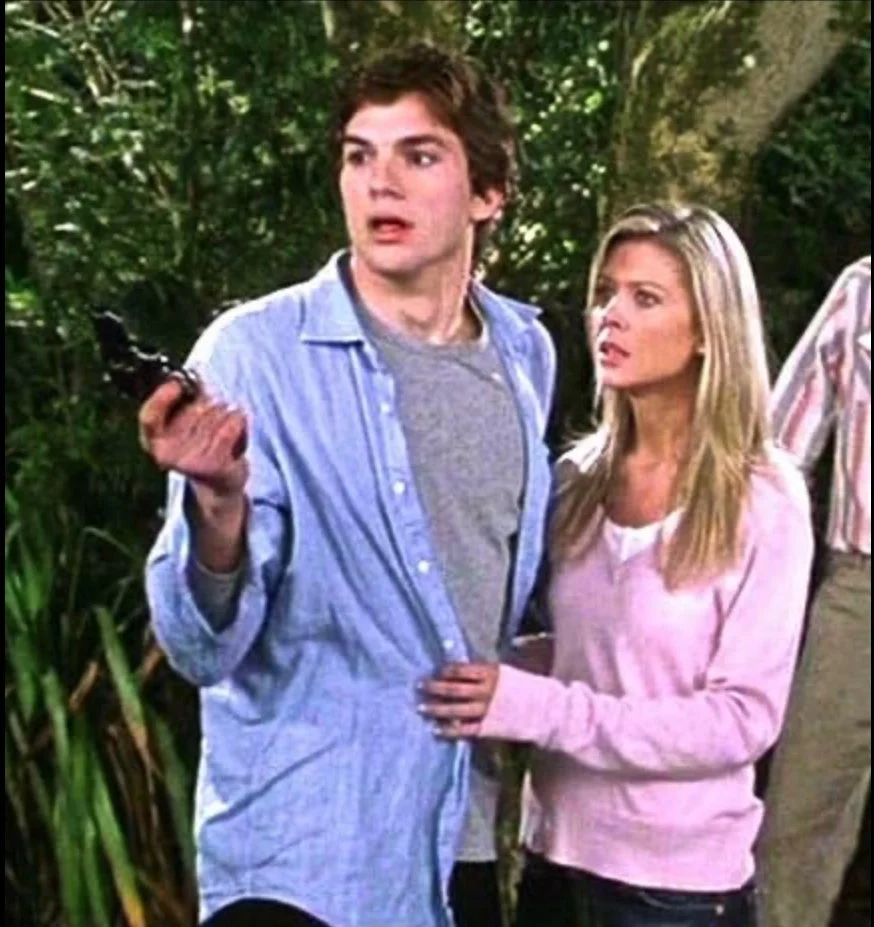Corporate writing samples available upon request
harvard film archiveFord’s lifelong admiration for military lifestyle and culture has negatively impacted the reception of his work, with many reductive analyses incorrectly labeling him as unequivocally pro-military and, by extension, pro-war, when in fact Ford’s representations of the military are profoundly nuanced and far from uniformly positive. Often critical of commanding officers and the military hierarchy that sheltered them while celebrating the discipline that structure fostered, Ford’s respect is reserved almost exclusively for the privates, foot soldiers and lower ranking officers whose courage and camaraderie Ford found inspirational. Following his experiences leading the Field Photographic Branch during WWII, Ford’s already complex attitudes toward war shifted and deepened significantly, with They Were Expendable highlighting the drudgery and terrifying human toll of combat and even a comedy like When Willie Comes Marching Home questioning America’s insatiable need for heroes and our blindly patriotic zeal. Aside from the western, the war film is perhaps Ford’s most important genre, as it too analyzes and explores a profoundly American way of life.
Ford at War
A John Ford Retrospective, Part III
In an extraordinary career spanning over forty years, legendary director Stanley Donen (b. 1924) has remained a key figure in the transformation of the postwar American cinema, producing iconic films—On the Town, Seven Brides for Seven Brothers, Charade—that inimitably captured the contemporary zeitgeist and injected a new energy, poise and wit into popular film genres. During the heyday of the classical Hollywood studio system, Donen—whose first studio contract was with MGM’s celebrated Freed Unit—helped reinvent the musical, bringing the genre to new artistic heights in the 1940s and 1950s with such pivotal films as Singin’ in the Rain and Funny Face. With the rise of international co-productions in the 1960s, and following the collapse of the studio hierarchy, Donen brought a European verve and sophistication to American audiences in classic works such as Arabesque and Two for the Road.
Donen began in show business as a dancer, joining the Broadway production of Pal Joey at the tender age of sixteen, dancing alongside the show’s star, Gene Kelly—an artist with whom Donen would famously collaborate on several masterworks of musical cinema including Singin’ in the Rain and It’s Always Fair Weather. Soon after his Broadway debut, Donen struck out for Hollywood, working first as a choreographer on films such as Cover Girl and Anchors Aweigh before establishing himself as a gifted and intuitive director of musicals whose ability to capture the exuberant energy and sheer joy of dancing—and of movement in general—with an elegantly fluid camera made him one of the most sought after Hollywood directors. With the decline of the musical in the late 1950s Donen moved in to the second and equally rich phase in his prolific career, as a free agent based in London turning out sophisticated and witty films which alternated from his classic comedy of mid-life crisis, Bedazzled, and his exuberant homage to Tinseltown magic in Movie, Movie to the his bittersweet and remarkably adult explorations of romantic—both hetero- and homosexual—relationships in Two for the Road and the underappreciated Staircase.
Debonair
The films of Stanley Donen
Happiness (Le bonheur)
Directed by Agnes Varda
Unlike the bulk of Varda’s work, Happiness, with its highly stylized form and refusal to explore the psychology of its characters, is completely removed from reality, rejecting any of Varda’s usual documentary or self-reflexive elements. It is also Varda’s most controversial work, revolving around a blissfully happy family man (Jean-Claude Drouot, appearing with his real-life wife and children) who decides, with uncomplicated ease, to expand upon his happiness by taking a mistress. Set in an idyllic landscape of leisurely country picnics and shot in cheerfully vibrant colors, there is nonetheless a distinct chill detectable underneath the film’s relentlessly sunny exterior. Although Varda resists any simple moralizing, she has said of Happiness, “I imagined a summer peach with its perfect colors, and inside, there is a worm.”
Boston
phoenixJudd Apatow, the genius behind the TV cult hit Freaks and Geeks, brings his smart, sweet sensibility to this adult sex comedy. Title virgin Andy (Steve Carell from Comedy Central’s The Daily Show) is a nerdy guy who’s given up on getting it on. When his sex-obsessed buddies find out, they make getting him laid their mission, but Andy holds back until he meets single mother Trish (Catherine Keener), who wants to take things slow. The joke is that Andy’s experienced friends, with their fixation on women’s bodies and their inability to stay in a relationship (Paul Rudd stands out as the broken-hearted David), are more immature than he is. They provide the gross-out moments, but Andy and Trish with their gentle courtship keep the movie from becoming a one-note joke. The proceedings drag when everyone’s forced to grow or learn, but it does seem that the adult sex comedy is making a comeback. With a virgin.
The 40 year-old Virgin
Directed by Judd Apatow
The Triplets of Belleville
Directed by Sylvain Chomet
Sylvain Chomet’s charming animated film, a hit with audiences at Cannes, stars a clubfooted grandmother and her obese dog whose determination knows no bounds. They set off in pursuit of her grandson, Champion, who disappeared while competing in the Tour de France, kidnapped by mysterious men in black suits. They wind up in the city of Belleville, where they team up with a trio of ancient singing sisters to free Champion, whose apparent inability to do anything other than ride a bike sets the tone for the film. Virtually dialogue free, Les triplettes is full of funny and bizarre images, often in the same frame, like the nefarious henchmen whose enormous square shoulders cause them to merge into one hulking figure as they walk side by side, or the triplets performing in a nightclub with a refrigerator, a newspaper, and a vacuum cleaner instead of instruments. Like the film, their music, a kind of freestyle jazz, is pretty sweet. In French with English subtitles. (78 minutes)
Bratz
Directed by Sean McNamara
So like, oh my God. You guys? This movie? Totally sucks. A paean to consumerism in all its forms, Bratz is based on those slutty dolls people inexplicably buy for their kids. You know, the ones that look like hookers? In this live-action film directed by Disney Channel stalwart Sean McNamara, four Bratz come to shallow, materialistic life. Jade, Yasmin, Cloe, and Sasha are bff’s 4-eva until they hit high school and get sucked into the cliques run by the power-hungry principal’s daughter. She’s so evil, she’s even rigged the school talent show. How do our flighty young heroines fight back? By shopping, of course. There is no problem, it seems, a new tube top and mini-skirt can’t fix. If only that were true — I could have hit Forever 21 after the depressingly well-attended screening and shopped until my will to live came back.
The Good Girl
Directed by Miguel Arteta
For Miguel Arteta’s new film, an affecting Jennifer Aniston forsakes the plucky, material-girl bite of Friends’ Rachel for the worn-down Texas cadences of Justine, a depressed cashier at the Retail Rodeo, a discount store a couple steps down from Wal-Mart. Like Arteta’s previous effort, Chuck & Buck, The Good Girl aims for dark comedy but winds up merely dark.
Justine hates her life, her boring job giving hideous makeovers to old women at the Rodeo, and her pot-smoking husband (John C. Reilly), who spends every night with his best friend, Bubba (Tim Blake Nelson), zoned out on the couch. Then she meets Tom (Jake Gyllenhaal), who calls himself Holden (Tom’s my slave name, he explains, in the film’s one real laugh), a would-be writer who’s just as depressed as she is. They embark on a passionate affair; eventually Justine must choose between her husband and her lover, conformity and rebellion. The cast, which includes Zooey Deschanel and Mike White (who also wrote the screenplay) as fellow employees at the Rodeo, is uniformly terrific, but that can’t save The Good Girl from sinking into a funk. (93 minutes)
My Boss’s Daughter
David Zucker
It could have been worse, but not much. Long-delayed and much feared, My Boss’s Daughter is at times painfully unfunny. Ashton Kutcher stars as affable goofball Tom, a minion who dreams of greater things at a publishing house ruled with an iron fist by Jack Taylor (Terence Stamp). Tom has a crush on Jack’s daughter, Lisa (Tara Reid), and through a predictable misunderstanding that any normal person would have resolved in 60 seconds, he ends up house-sitting for the boss’s pet owl, OJ (you know you’re in trouble when the OJ jokes start to fly). Full of jokes about the handicapped, midgets, and every minority group the filmmakers feel like taking a pot shot at, the movie is too lame even to be offensive, choosing instead to coast along on the minimal charm of Kutcher, who has a goofy, aw-shucks attitude that, though likable, doesn’t leave much of an impression. If nothing else, My Boss’s Daughter demonstrates that you can take a director of funny films (David Zucker of Airplane! fame) and a group of funny people (Andy Richter, Dave Foley, Molly Shannon, to name just a few) and still not come up with a single laugh. (85 minutes)
